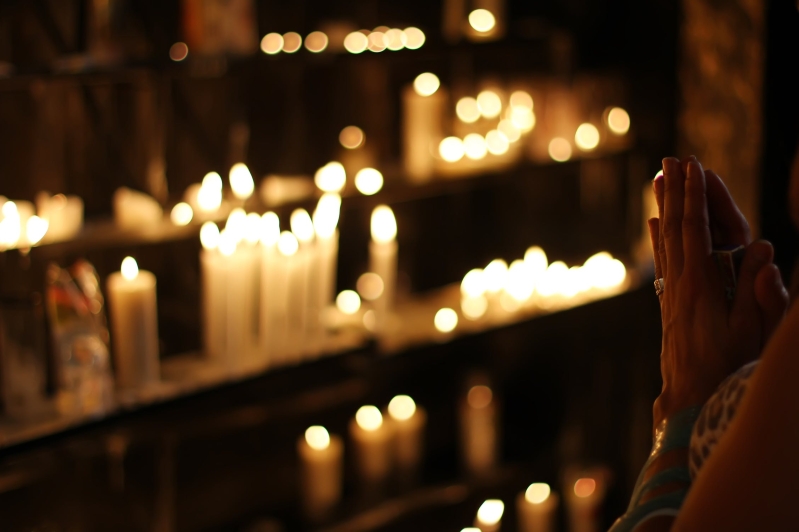
The head of a persecution watchdog has warned that Chinese authorities are seeking to "cut off the oxygen" of Christian churches amid reports non-Chinese Christian leaders are being deported for proselytizing.
David Curry of Open Doors USA recently told Mission Network News that government officials want to reduce the influence of "outsiders" on Chinese life.
"The government wants to control access to the Western world. They strongly believe that the Church needs to be part and parcel of the Chinese government," Curry explains.
"We want it to not be part of a temporal government, but about the words and the cause and the life - and the burial and resurrection - of Jesus."
MNN notes that there's been a recent wave of deportations of non-Chinese Christian leaders -- and those who remain won't allow Chinese Christians into their services because they don't want the Chinese government to kick them out.
South Korean believers in Shandong province stopped a Chinese believer at the door, the outlet reports, stating the following:
"The Chinese government has stipulated that Chinese people and foreigners cannot attend mass together... If we're discovered holding mass with Chinese people, the government will prohibit us from conducting worship activities here. We will even be deported back to our home country. This isn't what we want either, but we're helpless."
In 2015, officials introduced the term "sinicization," meaning Muslim, Buddhist, and Christian leaders must fuse their religions with Chinese socialist thought.
The country's revised Regulations on Religious Affairs, implemented in February, have seen church closures, congregants being detained, Bibles burned, and students being forced to sign documents renouncing their faith. The government has also pushed underground churches to join their registry.
Other religious minorities, including Muslims and Buddhists, have also faced widespread crackdowns and increased persecution, including detentions at so-called "re-educational" camps.
"He (Xi Jinping) is trying to find a way to cut off the independence of the Church," Curry explained. "They've always had laws that they can use against the Church, but now they're really starting to narrow the focus, sort of 'cut off the oxygen I think, for the freedom of religious expression in China."
Currently, China is ranked #43 on Open Door USA's World Watch List of 50 countries where it's most difficult to be a Christian. However, Curry told MNN that ranking might change after this year's events.
"You have a massive amount of Christians in that country," he said. "It soon will be, if it's not already, the largest Body of Christ anywhere in the world."
Roderic Wye, a former first secretary in the British Embassy in Beijing, told Business Insider that the Chinese government 'has always had trouble with religion one way or another," because often religious activity tends to imply some sort of organization.
"Once there are organizations, the party is very keen to control them," he said, adding that China's determination to exert control over religions is also to limit foreign influence.
"There's always been a concern the Chinese state has had about the extent of foreign influence over religion and the way foreign forces might use to manipulate societal thought," Wye, now an associate fellow at Chatham House, told Business Insider.
"This is part of the wider 'China dream' that Xi Jinping has, to make China big and strong again," he added.
"Whatever political and social development China will take in the future, it is to be decided and promulgated by the Chinese Communist Party, and no other source of moral or social authority is tolerated."






